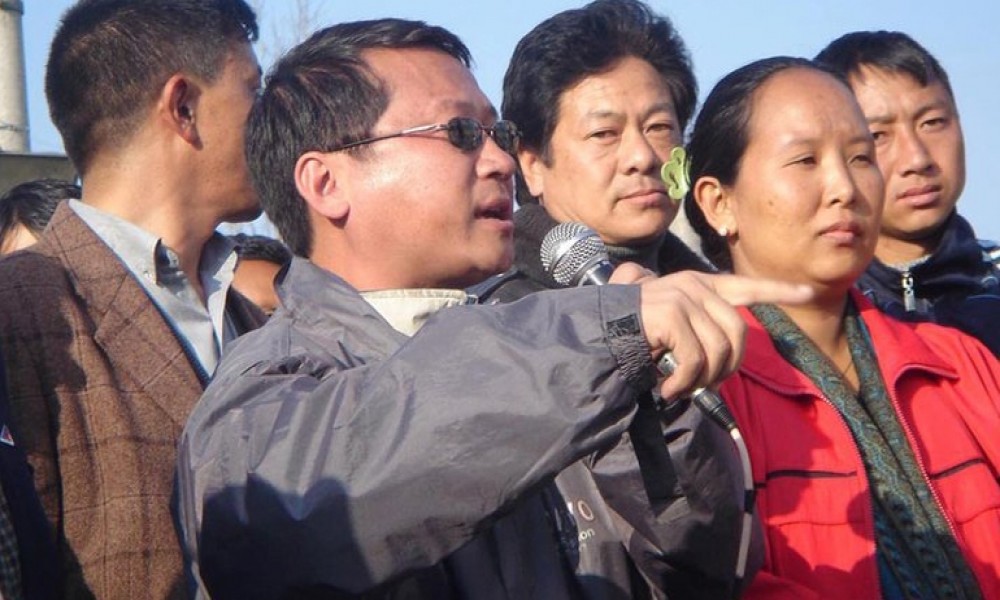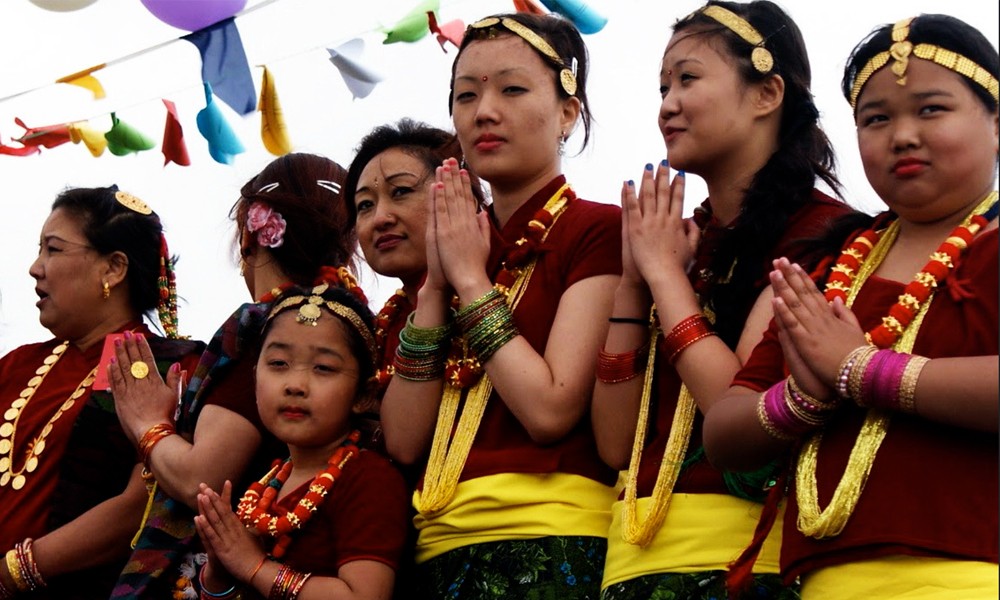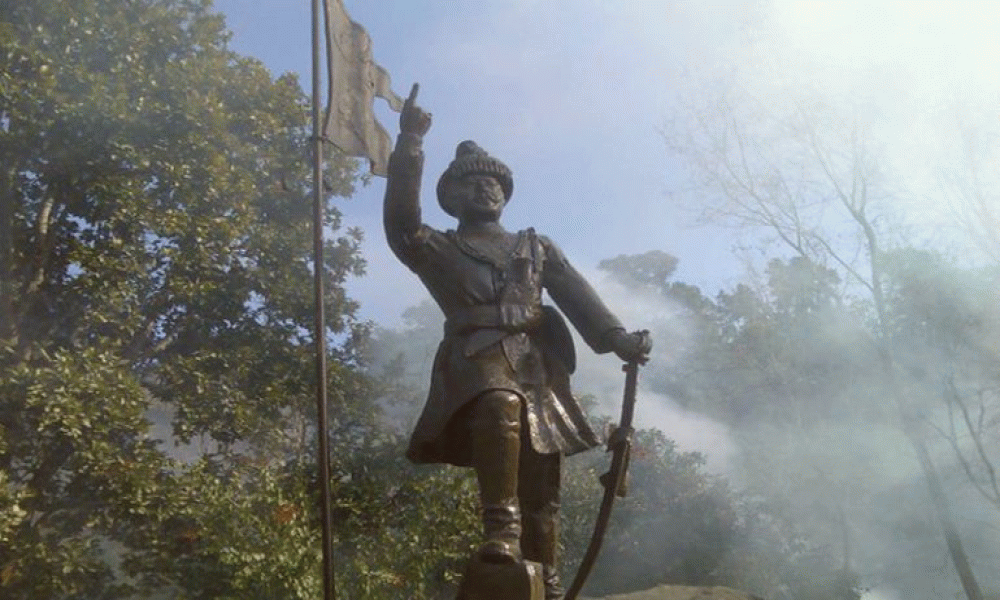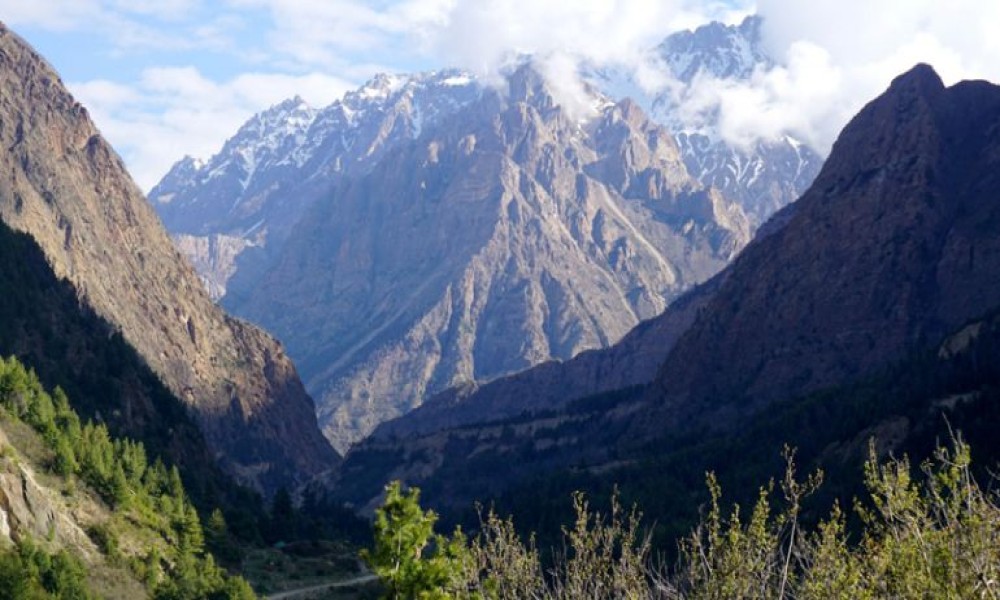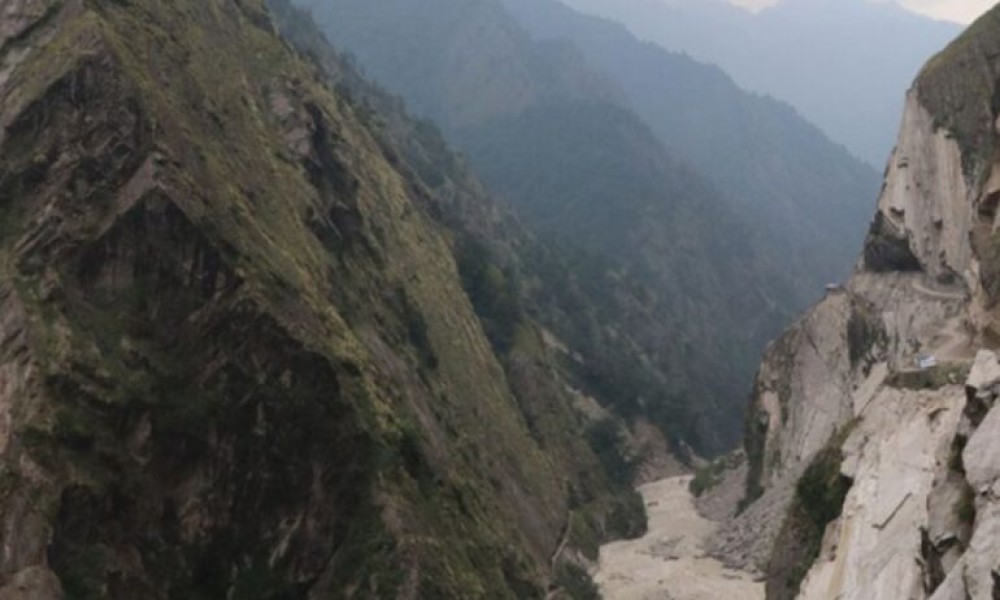Right to self-determination is an intrinsic part of human rights of Indigenous Peoples. They have rights to exercise their own political system as well as make and implement their own decisions. Their human rights also include autonomy and self-rule. They have rights over their lands and other natural resources. They have their own traditional institutions that can deliver justice. They have rights to use their language and promote their culture. The state cannot interfere in these fundamental rights of Indigenous Peoples.
On the other hand, an individual's human rights include his or her civil, social and economic rights. An indigenous individual can enjoy these rights as well. But, Indigenous Peoples as a community have greater human rights. In short, Indigenous Peoples are entitled to both types of human rights.
Misconception
A section of people in Nepal have a misconception that human rights do not include rights of Indigenous Peoples. Apart from individual rights, human rights include rights of women and marginalized communities like the Dalits and the physically disabled. Rights of Indigenous Peoples are considered to be collective human rights. When collective human rights are violated, an entire community has to suffer. So, violation of collective human rights is a serious issue. And, National Human Rights Commission (NHRC) needs to give priority to protecting collective rights of Indigenous Peoples.
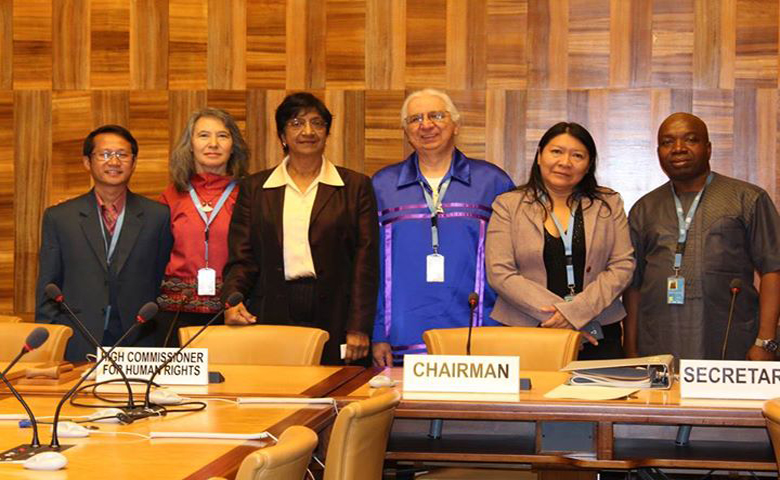
Rights of Indigenous Peoples in international laws
Various bodies of United Nations formulate various international laws to protect human rights of all individuals and communities. UN declaration of human rights, UN convention on civic and political rights, UN convention on social, economic and cultural rights and UN convention on elimination of all forms of discriminations are some international laws that protect human rights of all communities. There have also been some other international laws that ensure special rights of Indigenous Peoples. ILO convention-169 and UN declaration on the rights of Indigenous Peoples are such international laws. These international laws have enabled Indigenous Peoples to exercise their rights over land, natural resources, traditional institutions and socio-political systems. No one, even the state, can strip Indigenous Peoples of these special rights.
Violation of human rights
In Nepal, several human rights of Indigenous Peoples, which have been guaranteed by international laws, have been violated. Various organizations of Indigenous Peoples have also filed complaints with several UN bodies about violation of their special rights. An example of violation of human rights of Indigenous Peoples is their exclusion from constitution making process. A complaint has been filed with the UN body that monitors the convention on elimination of all forms of racial discrimination. The complaint raises two main points.
First, the Constituent Assembly (CA) must have representatives of traditional institutes of Indigenous Peoples in tune with the article 6 and 7 of the ILO convention-169. Second, the CA, while writing the constitution, must have consent of Indigenous Peoples before deciding anything on the matters related to their life, livelihood and culture. A mechanism must be in place within the CA to ensure rights of Indigenous Peoples in the constitution. But, neither the previous nor the present CA have taken any initiative to this regard. If these concerns are not addressed, Indigenous Peoples, which make up for 38 per cent of the country's population, might be left behind in the constitution, which will tarnish Nepal's image in the international community.
Neither the previous nor the present CA have taken any initiative to this regard. If these concerns are not addressed, Indigenous Peoples, which make up for 38 per cent of the country's population, might be left behind in the constitution, which will tarnish Nepal's image in the international community.
There are scores of human rights activists and organizations in Nepal. But they do not see rights of Indigenous Peoples as human rights. They need to know all the provisions that international laws have with regards to Indigenous Peoples. They also need to know whether the government has honored all these internationally-accepted human rights. If not, they should raise their voice. Their apathy to violation of human rights is also a kind of human rights violation. Today, the concept that only the state tends to violate human rights is no longer relevant. Human rights can be violated even by non-state actors.
Remedies
If any individual or community's human rights are violated by the state or non-state actors, complaints can be filed at the NHRC or the Supreme Court (SC). If the NHRC and the CA do not give justice, the UN's doors can be knocked. Issue of human rights violation is not restricted to a particular nation. If someone violates human rights, he can be arrested and tried not only in the country he belongs to but anywhere in the world.
The UN has its own process and mechanisms through which complaints can be filed against human rights violation anywhere in the world. Countries that are parties to UN conventions are obliged to send periodic progress reports to UN committees. These UN committees review progress reports and also examine complaints against human rights violation. There are many other committees and mechanisms within the UN for responding to human rights violations.



